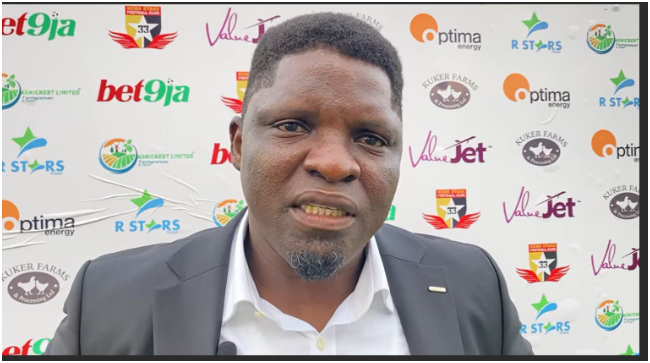NPFL Moves to Sanction Coaches Who Skip Post-Match Interviews
By IDNN Football Desk
The Nigeria Premier Football League (NPFL) has announced strict new measures to penalise coaches who fail to participate in post-match media interviews — a move aimed at enhancing transparency, boosting fan engagement, and elevating the league’s professional image.
In a directive issued Thursday, NPFL Chairman Gbenga Elegbeleye stated that media obligations are now compulsory, with coaches who violate this policy set to face immediate fines. The sanctions must be settled before the team’s next fixture or the coach will be barred from sitting on the bench.
“It is now compulsory for Match Commissioners to ensure that coaches and players appear for post-match interviews with the media,” Elegbeleye said. “This is not optional — it’s a key part of our matchday obligations.”

According to the NPFL, Match Commissioners will submit comprehensive reports after every game, specifically indicating whether coaches and players complied with the directive. Those who fail to show up will be flagged and recommended for disciplinary action.
The move comes in response to growing complaints from media partners and broadcasters, who have often been denied access to key post-match narratives — particularly after controversial losses.
“Whether through television, radio, social media, or print, our fans rely on the insights from coaches and players to understand team strategies, performance decisions, and the emotions behind each result,” the Chairman added.
Elegbeleye stressed that professionalism must remain the league’s standard, even in the heat of defeat:
“Some coaches have developed the habit of walking away in frustration after a bad result. We understand the emotions, but that’s no excuse for skipping obligations that help build our league.”
The NPFL’s clampdown is the latest in a series of reforms aimed at increasing media content, driving fan loyalty, and improving the league’s public image. With rising viewership and a growing digital audience, stakeholders believe that accountability and media engagement are essential pillars for long-term growth.
